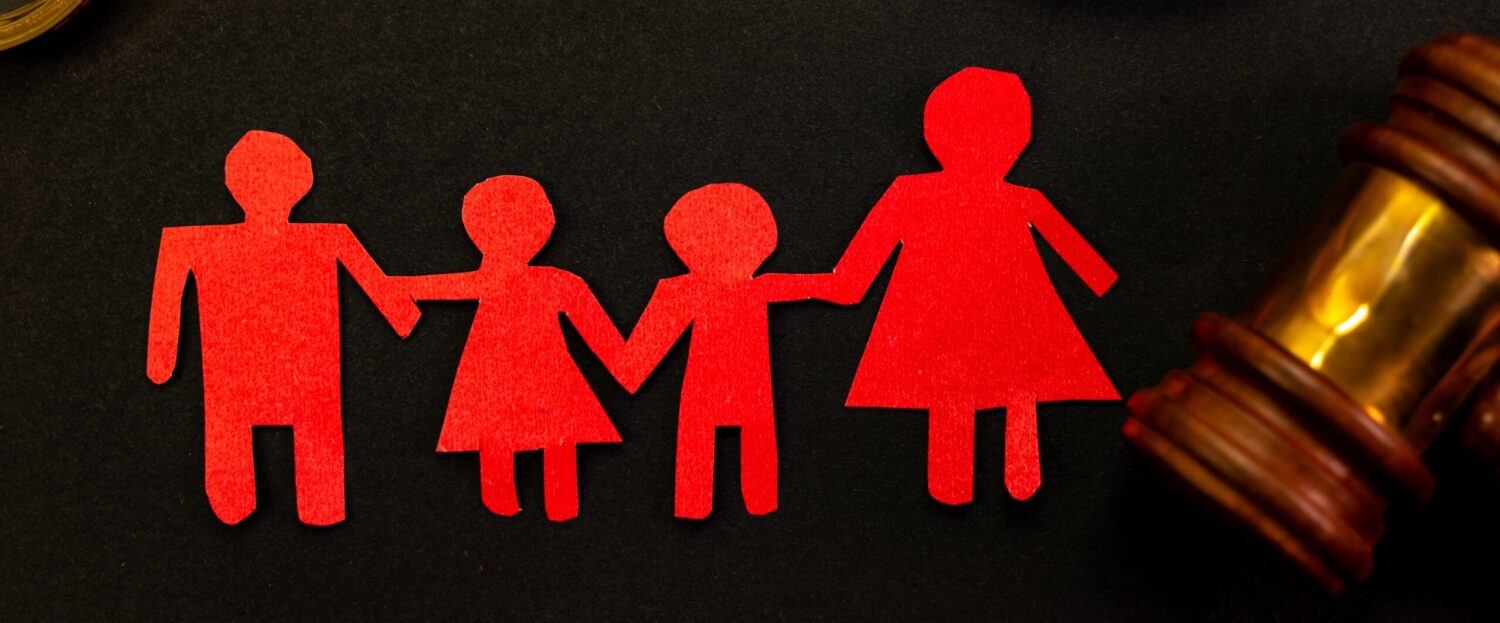For many families, stepparent adoption is a joyful step toward legal and emotional unity. But what happens when a biological parent is absent—or unwilling to consent? In Indiana, the law provides clear guidance on when a stepparent adoption can move forward without the consent of the other parent.
Indiana Law: When Consent Isn’t Required
Under Indiana Code § 31-19-9-8, there are several situations where a biological parent’s consent is not required for adoption. The most common scenarios in stepparent adoptions include:
1. Abandonment
If the biological parent has abandoned or deserted the child for at least six months before the adoption petition is filed, the court may waive the need for their consent.
2. Failure to Support or Communicate
Consent is not required if the parent has:
- Failed to provide financial support for at least one year, despite being able to do so, or
- Failed to significantly communicate with the child for at least one year, without justifiable cause.
Even minimal or “token” efforts—like a birthday card once a year—may not be enough to meet the legal standard for meaningful communication.
3. Parental Unfitness
If the parent is deemed unfit due to issues like chronic substance abuse, criminal activity, or neglect, the court may allow the adoption to proceed without their consent.
4. Other Legal Grounds
There are additional, less common grounds—such as if the parent’s rights have already been terminated, or if the child was conceived through certain criminal acts.
What This Means for Your Family
If you’re a stepparent hoping to adopt, and the other biological parent has been uninvolved, you may not need their consent—but you will need to prove it. Courts require clear and convincing evidence, and the process must follow strict legal procedures, including proper notice to the noncustodial parent.
How We Can Help
At Berry & Domer, we focus on uncontested and non-consent-required adoptions across Indiana. We know how to gather the right evidence, present a strong case, and guide families through every step with compassion and clarity.
If you’re wondering whether your case qualifies, we’re here to help you find out. Just give us a call at 812-322-6221. The consultation is free.

